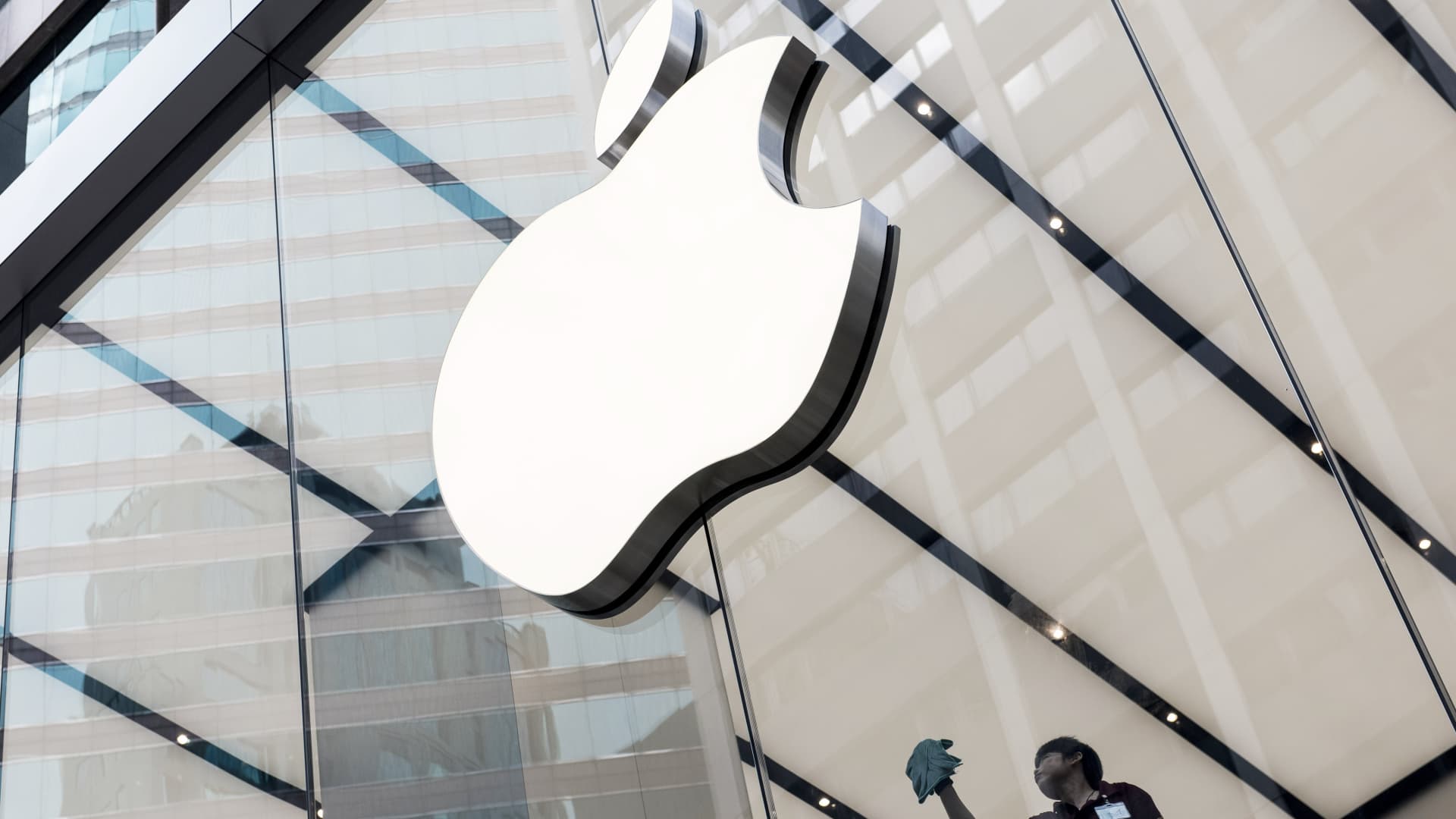The City of Chicago filed two sweeping lawsuits against DoorDash and Grubhub for allegedly deceiving customers and using unfair business practices.
The suits echo longstanding claims from restaurant owners that the platforms advertise delivery services for their businesses without their consent and conceal lower prices that restaurants offer directly to customers outside of the platforms.
The city also claims both platforms use a “bait-and-switch” method to attract customers with low delivery fees, only to charge additional ones when they are about to place their order.
In separate statements, both DoorDash and Grubhub called the lawsuits “baseless.”
A DoorDash spokesperson said the company “has stood with the City of Chicago throughout the pandemic, waiving fees for restaurants, providing $500,000 in direct grants, creating strong earning opportunities, and delivering food and other necessities to communities in need.”
In November, DoorDash stopped adding new restaurants that it doesn’t have agreements with to its app. It also said it will remove restaurants that don’t want to be listed within 48 hours of being notified.
Grubhub similarly says it removes listing for non-partner restaurants when asked. It said only a small percentage of such businesses have requested removal. The company said its contracts require restaurants to offer customers at least as favorable prices on its platform as available elsewhere, contrary to the city’s assertion that it conceals lower prices off the platform.
“Every single allegation is categorically wrong and we will aggressively defend our business practices,” a Grubhub spokesperson said in a statement. “We look forward to responding in court and are confident we will prevail.”
The city is seeking to end the alleged misconduct by mandating more transparency, civil penalties and restitution for consumers and restaurants hurt by the alleged practices.
The suits include additional claims specific to each company.
The city alleged that Grubhub deceptively shared telephone numbers for customers to connect with restaurants, but would charge the restaurants a commission for calls placed through those numbers, even when they didn’t result in an order. The city also claimed Grubhub made “imposter websites” for restaurants to unexpectedly lure customers to its own platform.
Grubhub has maintained that its creation of sites for restaurants does not violate laws, though it has ended the practice. The company also changed its phone routing system on Aug. 23 so that calls from customers seeking answers from restaurants not about an existing order will be sent directly to those businesses at no cost.
The suit claims Grubhub’s marketing campaigns promoting local restaurants during the pandemic were deceptive, while it allegedly forced restaurants to extend their contracts and cover promotion costs. It also alleged Grubhub violated Chicago’s 15% emergency cap on commissions that delivery platforms could take from restaurants.
Grubhub denied violating Chicago’s emergency commission cap and denied that its pandemic campaign was deceptive. The company said more than $500,000 that it raised in the campaign went to Chicago restaurants.
The city claimed DoorDash misled customers about how their tips for drivers would be used. This issue has been the subject of a separate lawsuit from the attorney general of the District of Columbia. DoorDash has said it changed its tipping method prior to the D.C. attorney general’s suit. It reached a $2.5 million settlement with his office in November over those claims.
Chicago also alleged DoorDash misleadingly labeled a $1.50 fee placed on every order as a “Chicago Fee.” The city claimed this wrongly implied the fee was required by or paid to Chicago rather than DoorDash.





